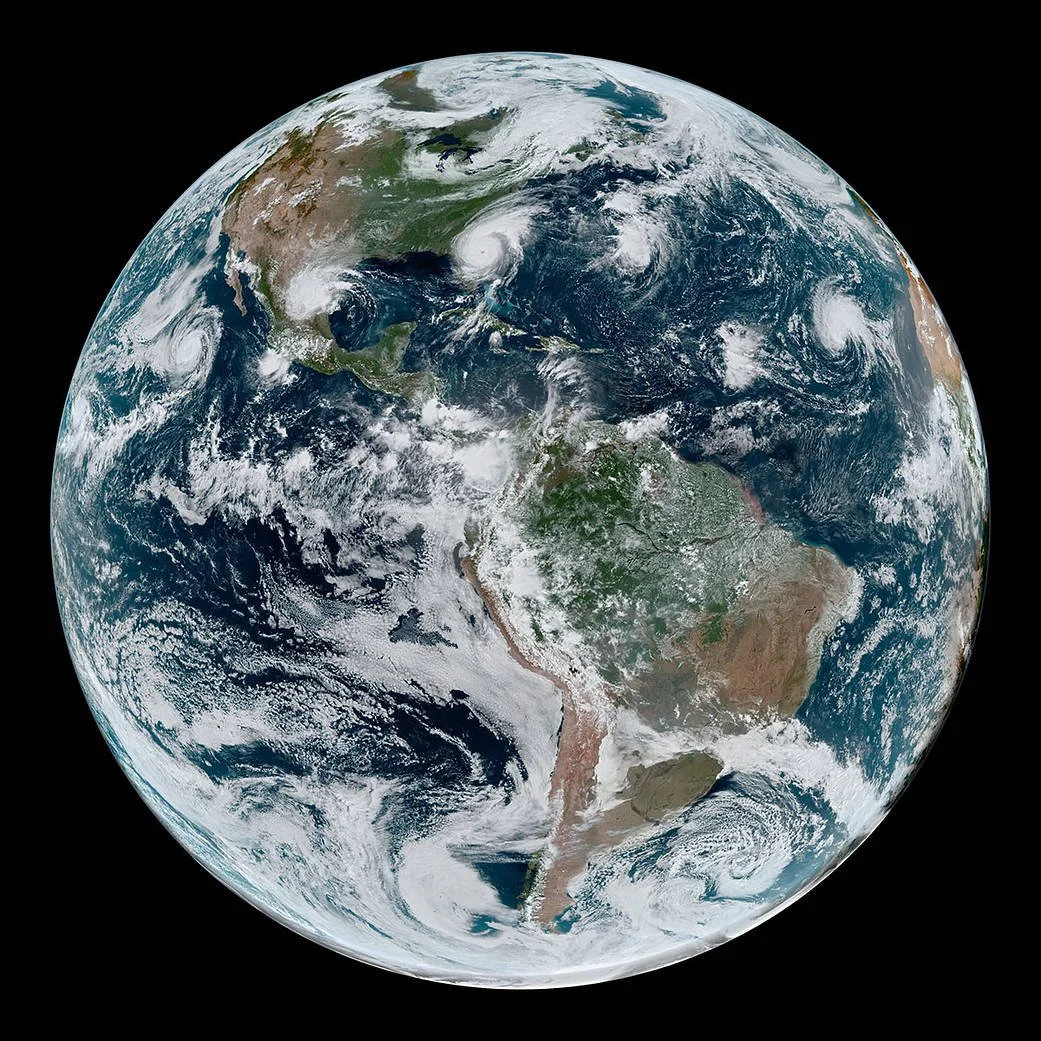This Was the Shortest Day in Recorded History for Earth
This could cause "unpredictable and devastating" outages.
NASA
There's a new world record for the world's fastest 50-spinner in Earth's shortest day ever, clocking in at a speedy 1.59 milliseconds, according to hypebeast.com.
Scientists have recorded the atomic clock since the 1960s, and June 29, 2022, was the shortest day in history—1.59 milliseconds shorter than usual. Although this might seem funny, Oleg Obleukhov and Ahmad Byagowi of Meta warn that this acceleration of Earth's rotation might cause 'unpredictable and catastrophic breakdowns.'
The alteration in time could result in a “reverse leap second,” bringing us a little closer to the 19-hour days of 1.4 billion years ago. While still distant from those ancient times, this increase in spin could result in a “negative leap second.” The reverse of adding a leap second, which was first used in 1972 by the International Telecommunication Union to correct Earth’s rotation delay, is to alter TAI and UT1, which are utilised by IT systems.
Meta explains in a post on their website that a positive leap second may cause data corruption and server crashes, but a negative second has never been tested on a large scale and may have a 'devastating effect on the software relying on timers or schedulers.' Scientists are searching for a less-risky method for establishing atomic time.
According to the post, the ice caps' melting has something to do with the rotational speed, which changes angular velocity much like a spinning figure skater controls the rate by tucking in their limbs.

